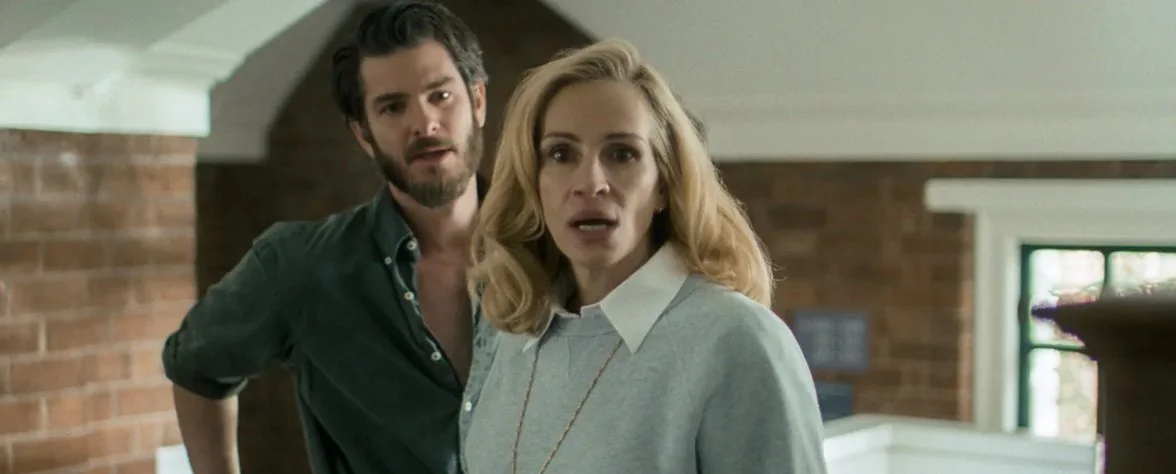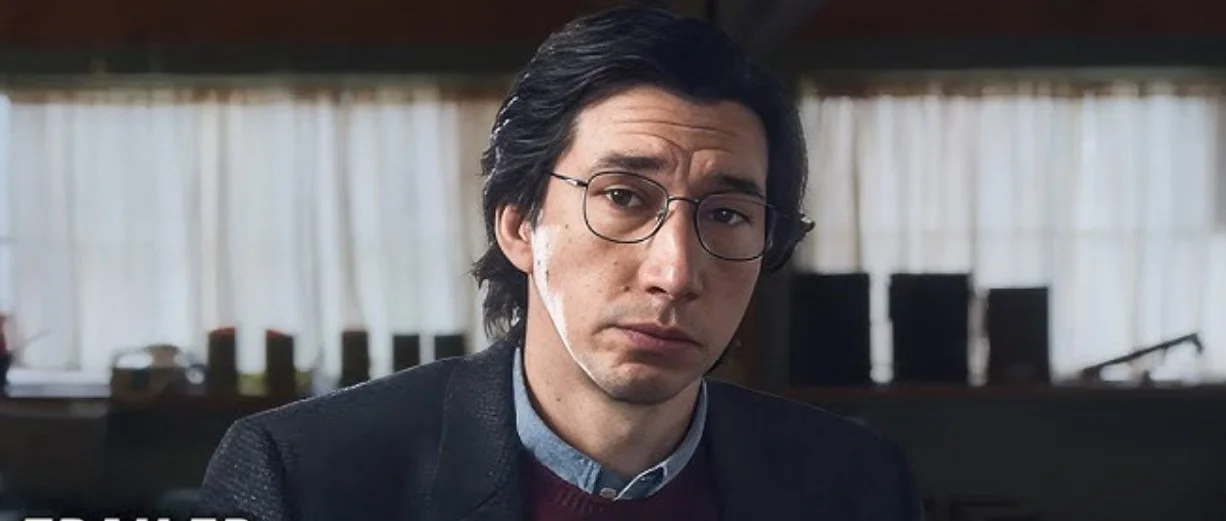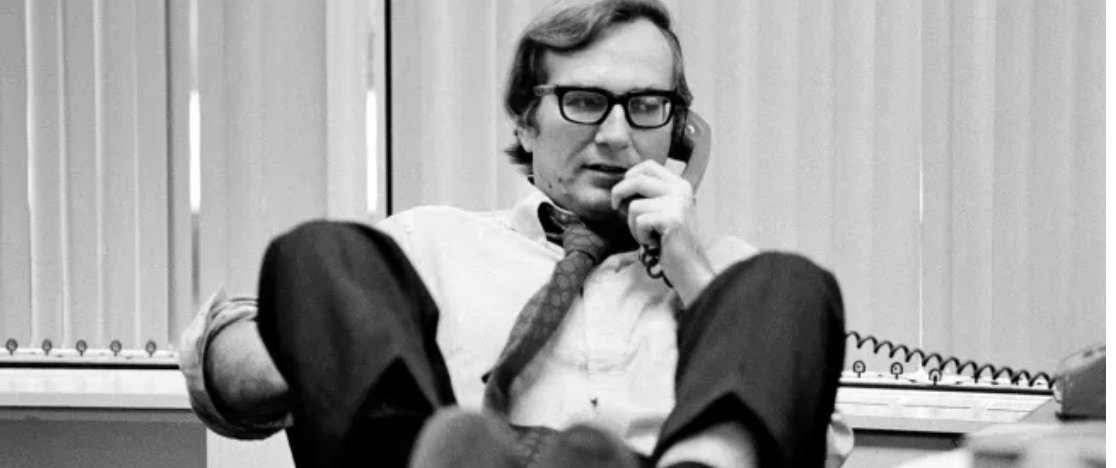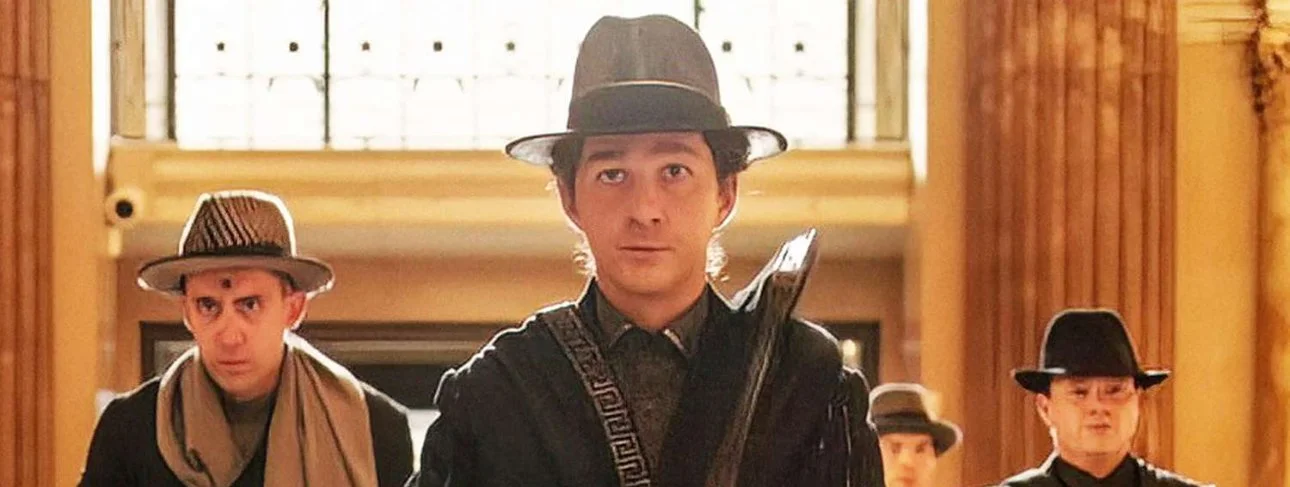It’s great to have a new Alexander Payne movie to look forward to, and it’s coming up very soon. A trailer for Payne’s “The Holdovers” has been unveiled.
It looks good, mixing comedy and drama, much like Payne’s other humanist films. Paul Giamatti reunites with the writer-director for their first film since 2004’s Oscar-nominated “Sideways.”
In August of 2022, “The Holdovers” was test-screened to enthusiastic reactions in Los Angeles. As someone had told me, it was a total return to form for Payne in what was being described as a smaller-scaled film.
The following month, “The Holdovers” privately, quietly, screened for buyers, on a Sunday, at the Scotiabank Theatre in Toronto. The Wrap reported one attendee left feeling that he had seen the best movie playing at TIFF, even though it wasn’t part of the official selection.
Just 24 hours after it was screened, Focus Features bought “The Holdovers” for a whopping $30 million. It was by far the biggest deal at TIFF, possibly ever for the festival. According to The Wrap, there was interest from “multiple parties” before Focus won out the auction.
We should not be surprised by the buzz surrounding this film. Payne is a great filmmaker with a filmography that includes “Election,” “Nebraska,” “Sideways,” and “About Schmidt.”
The launch date for “The Holdovers” has been bumped up from November to, now, an October 27, 2023 release . We also have an official synopsis:
From acclaimed director Alexander Payne, THE HOLDOVERS follows a curmudgeonly instructor (Paul Giamatti) at a New England prep school who is forced to remain on campus during Christmas break to babysit the handful of students with nowhere to go. Eventually he forms an unlikely bond with one of them -- a damaged, brainy troublemaker (newcomer Dominic Sessa) -- and with the school’s head cook, who has just lost a son in Vietnam (Da’Vine Joy Randolph).
Payne’s last film was 2017’s much-maligned “Downsizing.” Payne described the making of the big-budgeted film as “difficult on every level — writing, financing, editing.” He added that its “ambitious narrative may have been too much to fit into the framework of a single film.”






